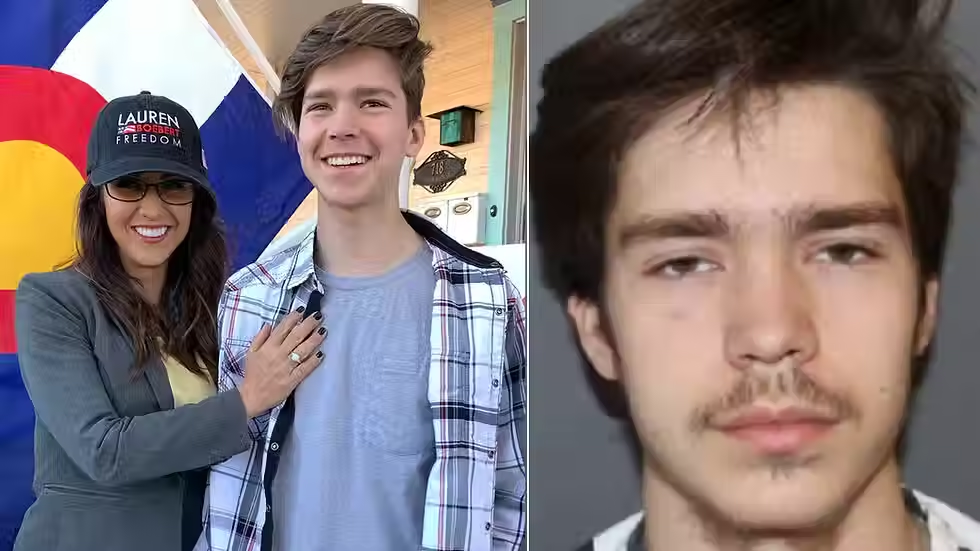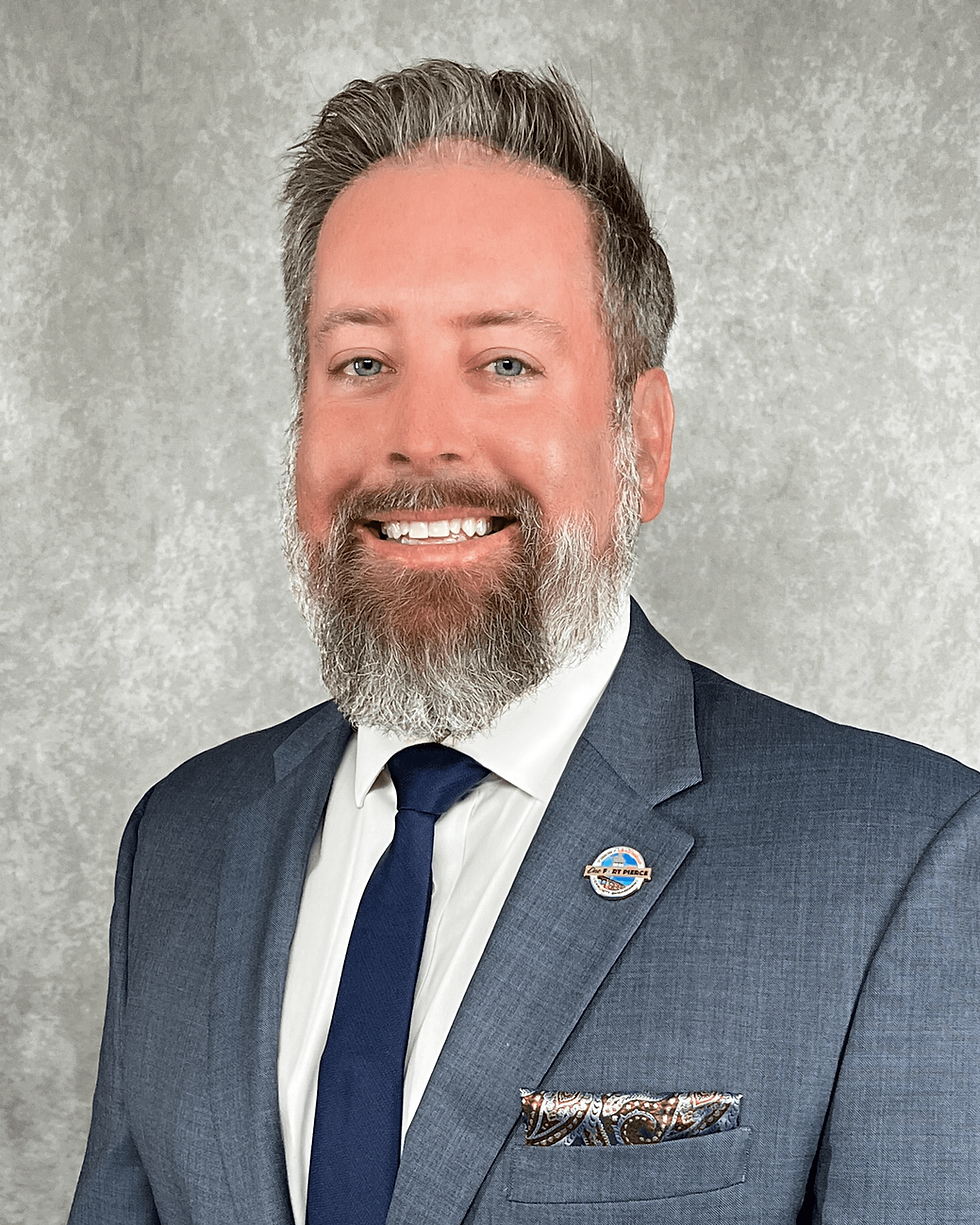Building a case against the former president in DC
- Emily Maiden

- Dec 10, 2023
- 4 min read

On Tuesday, Special Counsel Jack Smith gave us a preview of the shape of the case against the former president, who faces four felony counts in the District of Columbia for attempting to overthrow the 2020 presidential election.
The information came in the form of a Federal Rules of Evidence 404(b) filing, which outlines so-called ‘prior bad acts’ that the prosecution wishes to introduce in its case-in-chief. The defense will have an opportunity to argue against the admissibility of the evidence disclosed in the filing and it will only be permitted to be used if its probative value is deemed by the judge to substantially outweigh its prejudicial effect. The Government argues that it will offer evidence “not to show the defendant’s criminal propensity, but to establish his motive, intent, preparation, knowledge, absence of mistake, and common plan.”
What’s in the filing?
Trump has a long record of claiming anything that doesn’t fall in his favor is “rigged”, including past elections. Prosecutors note that in 2012, the former president tweeted a familiar lie – that the voting machines in that year’s election switched votes from the Republican candidate, Mitt Romney, to the Democratic candidate and eventual winner, Barack Obama. Although not noted in the filing, Trump was so incensed at that result that he suggested “march[ing] on Washington” to “stop this travesty”. Where have we heard that before?
Similarly, prosecutors note that in 2016, Trump “claimed repeatedly, with no basis, that there was widespread voter fraud”. Even after winning that election, Trump continued to claim that the results were compromised and that he actually won the popular vote. Within his first six months in office, he established a ‘presidential advisory commission on election integrity’, which was disbanded in 2018 after failing to find a shred of evidence to back up the then-president’s claims.
Trump has also claimed that the 2004 and 2005 Emmys were rigged against his show The Apprentice as Hillary Clinton infamously noted during one of their clashes during the 2016 presidential debates. He continued tweeting about the subject for over 10 years.
Jack Smith’s prosecutors also allege that the former president has a “common plan” to refuse to commit to a peaceful transfer of power, citing Trump’s public statements in the run up to both the 2020 and 2016 elections, where he telegraphed “his plan to remain in power at any cost – even in the face of potential violence.”
At a news conference in 2020, Trump was asked whether he’d commit to a peaceful transfer of power at a time of heightened tension. Instead of answering in the affirmative, Trump’s response was “there won’t be a transfer, frankly; there’ll be a continuation. The ballots are out of control. You know it.” That wasn’t a surprising answer. He’d said much the same during the 2016 presidential debates.
A telling revelation
Perhaps one of the most startling aspects of the Government’s filing was the prosecution’s revelation that they plan to introduce evidence “of an effort undertaken by an agent (and unindicted co-conspirator) of the defendant who worked for his campaign” to obstruct the vote count at the TCF Center in Detroit by inciting a riot.
The 404(b) filing alleges that the unnamed campaign employee “exchanged a series of text messages with an attorney supporting the Campaign’s election day operations…in the messages, the Campaign Employee encouraged rioting and other methods of obstruction when he learned that the vote count was trending in favor of the defendant’s opponent.” This is a vital piece of evidence that shows that the Trump campaign team were actively in favor of violent means to achieve their goal of keeping the former president in power.
While a large section of the public filing is redacted following this claim, the Government writes that “around the time of these messages, an election official at the TCF Center observed that as Biden began to take the lead, a large number of untrained individuals flooded the TCF Center and began making illegitimate and aggressive challenges to the vote count” and that they’ll use this “to demonstrate that the defendant, his co-conspirators, and agents had knowledge that the defendant had lost the election” and that it was their “intent and motive to obstruct and overturn the legitimate results.”
This level of comfort with violence is also alluded to elsewhere in the Special Counsel’s filing, where Trump’s “public endorsement and encouragement of violence” is recounted. His now-infamous remark to the Proud Boys – “stand back and stand by” – is cited, as are his consistent statements about pardoning anyone involved with January 6 if he is reelected. This “post-conspiracy embrace of particularly violent and notorious rioters” is emphatically highlighted by a section detailing his support of the so-called January 6 Choir, a group “whose criminal history and/or crimes on January 6 were so violent that their pretrial release would pose a danger to the public.”
The filing details much more and the evidence cited is irrefutable. The defense would usually submit a reply to argue that it’s all inadmissible. But in yet another twist, the defendant filed a motion this week which seems to state that he’ll no longer take part in the proceedings – at least until his claim of presidential immunity has been decided by the Court of Appeals (and presumably, after that, the Supreme Court). The motion he’s filed, for a stay on the entire case, is the one bump in the road ahead that may have real consequences and could delay the trial from the March 4 start date. It’s probably, with this much evidence against him, Trump’s last-best hope at avoiding justice.








Comments